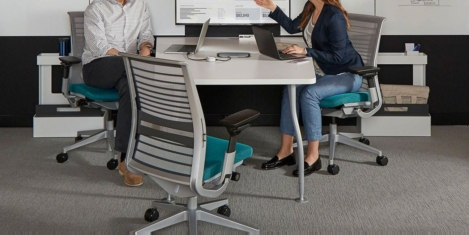May 4, 2017
Brexit bonfire unnecessary as employers back the UK’s existing employment rights 0
UK employers do not believe a bonfire of employment law is necessary under Brexit, as negotiations over the country’s departure from the EU begin. According to new research by the CIPD and the employment law firm Lewis Silkin, employers back the UK’s existing employment rights framework with all twenty eight areas of employment law rated as necessary by a majority of employers. In the survey of more than 500 employers, organisations were asked whether they viewed more than twenty different aspects of employment law as necessary or not. The list included unfair dismissal laws, rated as necessary by 93 percent of businesses, as well as national minimum wage (87 percent), parental rights at work (82 percent), agency workers laws (75 percent) and the Working Time Regulations (74 percent). The research, which looked at a wide variety of employment laws and practices, also found more than half (52 percent) of employers go beyond the legal minimum requirements when implementing employment law.


















 The overwhelming majority of UK employees (81 percent) are working beyond their contracted hours, claims a report from recruitment firm
The overwhelming majority of UK employees (81 percent) are working beyond their contracted hours, claims a report from recruitment firm 




















December 23, 2016
Presenteeism doesn’t aid productivity, so employers should set workers free 0
by Mark Eltringham • Comment, Flexible working
More →